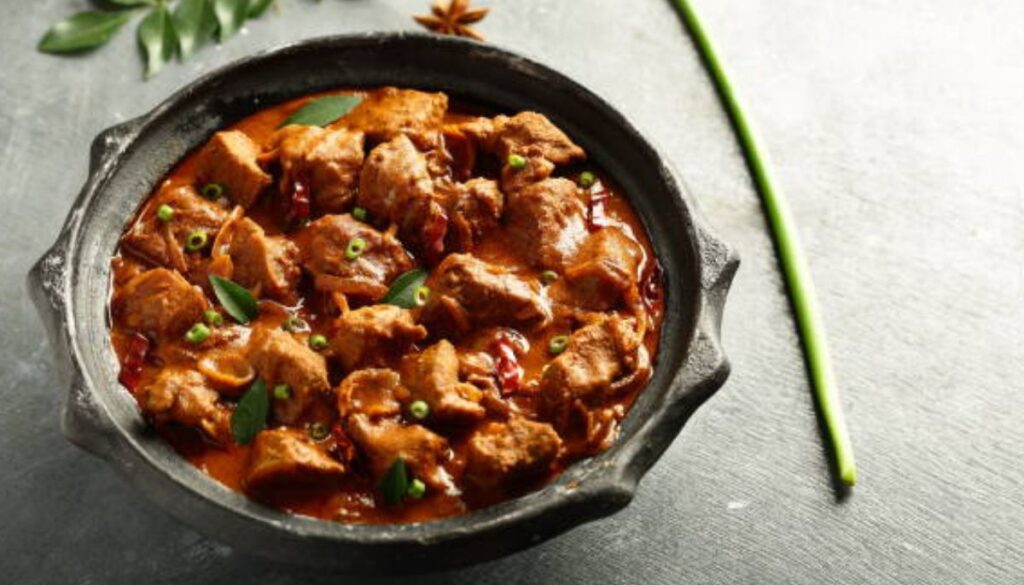When it comes to choosing protein sources, mutton stands out as a robust option, particularly for those looking to diversify their diet. This article delves into the protein content of mutton and how it fits into a balanced nutrition plan.

What is Mutton?
Mutton refers to the meat of mature sheep, usually older than one year. It’s known for its rich flavor and robust texture, making it a popular choice in many cuisines around the world. Unlike lamb, which comes from younger sheep, mutton has a stronger taste and higher fat content, which contributes to its distinctive profile.
Mutton Protein Content Per 100g
One of the key nutritional aspects of mutton is its protein content. On average, mutton contains approximately 25 grams of protein per 100 grams of meat. This makes it an excellent source of high-quality protein, essential for muscle repair, growth, and overall bodily functions.
Benefits of High Protein Content
Muscle Growth and Repair: Protein is a vital macronutrient for muscle development. For those engaged in strength training or intense physical activities, mutton provides the necessary amino acids to aid muscle repair and growth.
Satiety and Weight Management: High-protein foods like mutton can help you feel fuller for longer periods. This satiety effect can be beneficial for weight management and reducing unnecessary snacking.
Essential Nutrients: Beyond protein, mutton also contains vital nutrients like iron, zinc, and B vitamins, which support various bodily functions including red blood cell formation and immune system health.
Comparing Mutton with Other Meat Sources
When evaluating protein sources, it’s useful to compare mutton with other types of meat:
Chicken Breast: Approximately 31 grams of protein per 100 grams. Chicken breast is often praised for its high protein content and lower fat content compared to mutton.
Beef: About 26 grams of protein per 100 grams. Beef is slightly higher in protein than mutton but can also have higher fat levels depending on the cut.
Pork: Roughly 21 grams of protein per 100 grams. Pork offers a decent protein amount but is generally lower in protein compared to mutton and beef.
Cooking and Nutritional Considerations
The way mutton is cooked can affect its nutritional profile. For example:
- Grilling or Baking: These methods can help retain the protein content while allowing excess fat to drain away.
- Slow Cooking: Often used in stews and curries, slow cooking can make mutton tender but may also increase the fat content if not trimmed properly.
- Frying: While this method can enhance flavor, it may also add extra calories and fats if excessive oil is used.
Conclusion: Incorporating Mutton into Your Diet
Mutton offers a substantial amount of protein, making it a valuable addition to your diet. Whether you’re looking to build muscle, manage weight, or enjoy a hearty meal, understanding mutton’s nutritional benefits helps you make informed dietary choices. For recipes and cooking tips that highlight the rich flavors and benefits of mutton, consider exploring the diverse offerings from Khazana Recipe. Their curated recipes can help you make the most of this protein-packed meat while keeping your meals both delicious and nutritious.



0 Comments